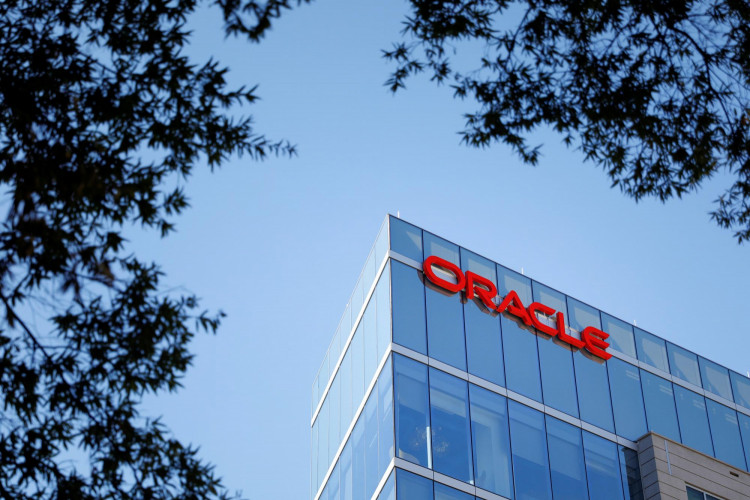Oracle Corp. expected weak sales in the latest quarter, indicating the firm may not witness an upturn in new license sales after customers in the retail and hospitality sector held back on their software acquisitions in the wake of an ongoing global health scare.
In the period capping August, Chief Executive Officer Safra Catz disclosed late Tuesday during a conference briefing that sales will be in a range of 1 percent gain to 1 percent decline year-on-year. Based on figures collected by Bloomberg the midpoint of no-sales advance matched the forecasts of market observers.
With the exception of those items, the company's income will be 84 cents to 88 cents per share, with the midpoint again adjacent to the forecasts from Wall Street.
Full-year revenue for the company was pegged at $39 billion and sales in the fourth quarter hit $10.4 billion. In its earnings report, Oracle drew attention to revenues from online services and license support, rising 1 percent year-over-year to $6.9 billion, and 3 percent in so-called constant currency.
In a statement, Larry Ellison, founder of Oracle and head of the group's technology, stressed the Oracle Autonomous Database, which has been the flagship of the company in the last couple of years.
Ellison said that in the fourth quarter, they have introduced a hugely improved version of Exadata Cloud@Customer service. The service, he said, will now enable their existing on-premise database clients "to run the Oracle Autonomous Database in their own data center," Brian McKenna of Computer Weekly, reported.
The software group ended at new lows late Wednesday as analysts debated whether the company's struggles to push its next-generation products were due to COVID-19 pandemic or part of a bigger issue of being outmuscled by its rivals.
Oracle posted sales that fell way off Wall Street projections, citing agreements delayed by the health crisis, and a forecast range that book-ended consensus, with Chief Executive Safra Catz pointing out that Oracle was at a point where "our growing businesses are now bigger than our declining businesses," Wallace Witkowski of MarketWatch, said.
Meanwhile, the operating systems group has been having difficulty rebranding itself as an internet-based firm, better placing itself against top companies such as Microsoft, Amazon, and others that are already well-entrenched in the Cloud business.
Oracle has seen how its Cloud and on-premise license revenues have plummeted by more than 20 percent, retreating to $1.96 billion in the period ending May 31. Since its software for managing corporate finances and customers need a comprehensive setup time and power, many firms have stopped pursuing new products in the wake of the crisis.






